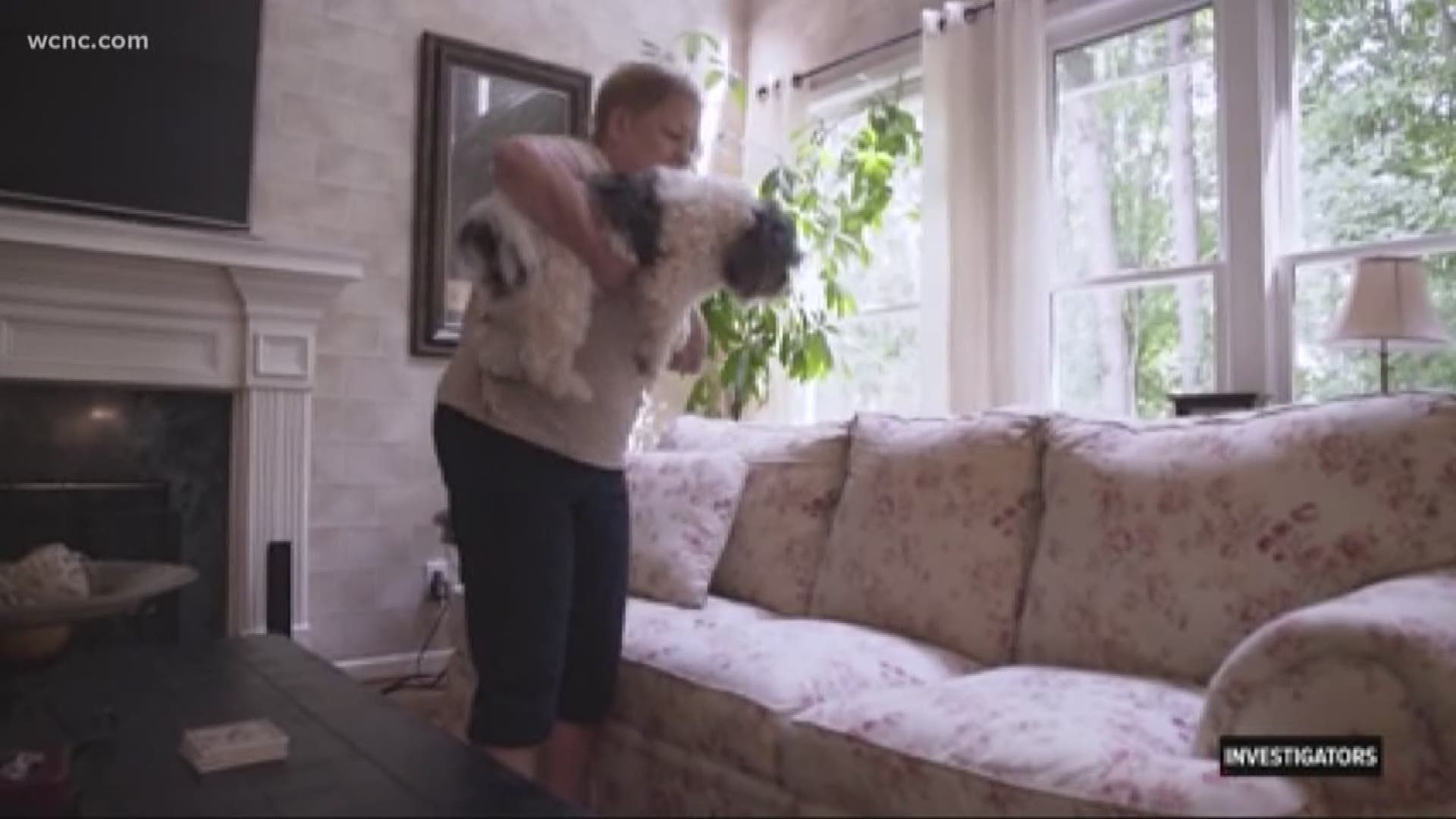CHARLOTTE, N.C. — While a shot is a great way to protect you and your family from the flu, a federal program meant to compensate people who suffer rare side effects from vaccines could be harming the rest of us.
The National Vaccine Injury Compensation Program is letting healthcare workers off the hook when they make mistakes and hurt people.
Funded by a tax on shots, the program has paid thousands of people billions of dollars for their pain and suffering, lost wages and medical bills related to shot complications. These complications are mostly from flu shots, but federal records show a large number of those complications were likely preventable.
Almost half of the new petitions filed with the vaccine program last year were related to Shoulder Injury Related to Vaccine Administration. SIRVA is a rare, but serious complication that can occur when a shot is administered wrong, including too high or too deep.
"When you get a vaccine, you can actually have injury to your shoulder itself," vaccine attorney Nancy Meyers said. "Those injuries can last beyond six months and be debilitating...shoulder injuries have become more prevalent."
The Centers for Disease Control and Prevention reports the program paid almost $50 million in SIRVA compensation over the last two years with more than 360 cases.
Congress created the federal vaccine compensation program roughly 30 years ago in an effort to ensure there would never be a vaccine shortage. It's an alternative to suing drug makers and health care workers and, as a result, there is no fault. This means often times there are no consequences.
Not only is there no liability, but there is also built-in protection for the people who make mistakes giving shots. Those shot administrators receive no discipline and no follow-up training due to the confidentiality of the no-fault process.
"The Vaccine Act contains a confidentiality provision that prohibits the disclosure of information that was submitted to the U.S. Court of Federal Claims or the Office of the Special Master to a party without the express written consent of the person who submitted the information," Human Resources and Services Administration Communications Director Martin Kramer said. "In light of this provision, HRSA is unable to provide information from a petition to a vaccine administrator in such a way that identifies any individual petitioner."
Kramer also said that information regarding the vaccine administrator is not always filed with the claim.
The CDC launched two studies last year to try and find ways to reduce SIRVA injuries. Both reports are due in 2019.


